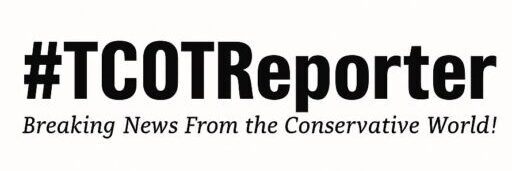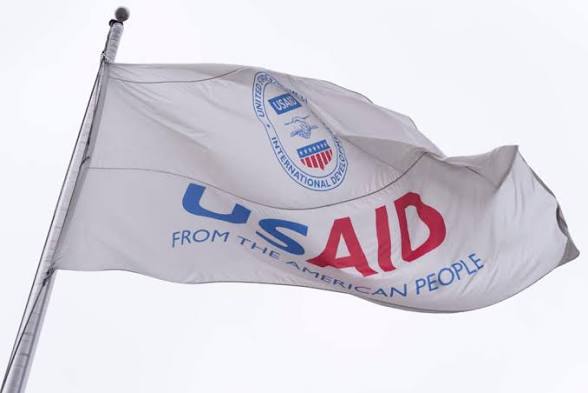How Washington Privatized Virtue
In theory, foreign aid is America’s purest export.
In practice, it’s one of the most efficient wealth-transfer programs ever devised — not from rich nations to poor ones, but from taxpayers to contractors.
The Moral Laundromat
For decades, the U.S. Agency for International Development has been the benevolent face of American power abroad. But dig past the talking points and you find a procurement machine that has quietly monetized humanitarianism. A sprawling web of “implementing partners” — think-tank foundations, NGOs, and Beltway consultancies — now absorbs tens of billions a year in aid funding. Their performance isn’t measured by lives improved, but by invoices cleared.
USAID’s own Inspector General admits the agency can’t reliably tell whether those contractors’ indirect costs — overhead, office rent, executive salaries — are “reasonable, allowable, and allocable.” That’s bureaucratese for we have no idea if they’re fleecing us. Oversight reports going back years have warned of the same gap. It’s not corruption by conspiracy; it’s corruption by inertia.
The Virtue Supply Chain
No firm illustrates the problem better than Chemonics, a Washington contractor so large it could file as a minor world power. This year, the government abruptly issued — then rescinded — over a hundred contract terminations against the company, a confusion spiral that left the industry guessing whether USAID had lost its mind or its master file. The HIV/AIDS supply-chain program, one of the largest in USAID history, somehow survived untouched.
Former USAID officials describe a system too complex to fail: overlapping grants, task orders, and indefinite-delivery contracts that guarantee continuity even when the agency itself tries to cut ties. The result is a humanitarian industrial complex that can’t be turned off — not because the missions are indispensable, but because the accounting is.
The Cost of Control
In Ukraine, the fog is even thicker. After the invasion, USAID poured billions into energy reconstruction and civil-society programs run through contractors such as Tetra Tech. The agency’s own auditors now admit the oversight rules changed mid-stream, verification visits were inconsistent, and controls weakened as the programs expanded.
Then came the bureaucratic plot twist: several oversight contracts were moved from USAID to the State Department, effectively reducing independent monitoring of the same funds. A GAO review this summer was blunt — U.S. oversight of direct budget support had “declined.” Translation: too many cooks, not enough auditors.
When you combine that with humanitarian waivers that let contractors operate without full reporting, you get a system where money moves faster than accountability — the ideal environment for profit without performance.
The Compliance Economy
In Washington, ethics violations don’t stop programs; they generate them.
Here, getting caught isn’t a scandal — it’s a growth industry.
The result is a culture where compliance becomes a business model. The same contractors accused of overbilling get hired to train other contractors on how not to overbill. Virtue becomes a subscription — renewed annually with every new grant cycle.
The Politics of Good Intentions
Foreign aid operates on moral autopilot. Both parties support it because it feels good, photographs well, and produces contracts in key districts. The logos on the trucks abroad may read “From the American People,” but the logos on the invoices all read the same: Deloitte, Chemonics, DAI, Tetra Tech.
Each cycle brings fresh calls for “reform,” meaning a new oversight initiative that inevitably becomes another contract. Even USAID’s anti-corruption task forces are often outsourced — the foxes teaching a course on guarding the henhouse.
The Invisible Dividend
None of this means USAID’s work is useless; millions have benefited from its programs. But every dollar skimmed through padded overhead or duplicate procurement is a dollar not spent on its stated purpose. That inefficiency isn’t accidental — it’s structural. The agency was designed to export American know-how, and the private sector simply took that mission literally.
The most dangerous lie in Washington isn’t that government doesn’t work; it’s that virtue and profit can coexist without supervision. When every good deed has a billing code, morality becomes another cost center.
The Fix That Never Comes
The technical solutions are obvious: enforceable indirect-rate audits, mandatory site verification on high-risk contracts, and automatic suspension of repeat offenders. But bureaucratic courage is harder to procure than software licenses. Reform threatens the same networks that built the current system — the revolving-door executives, retired diplomats, and congressional patrons who all benefit from keeping the machine humming.
So the reports pile up, the recommendations gather dust, and the contractors cash in. Washington doesn’t fight corruption; it manages it.
Because in this town, virtue isn’t a value — it’s an industry.
Citations
- USAID OIG – “Top Management Challenges for USAID FY 2025” (Oct 2024)
- Devex – “U.S. Government Terminates Over 100 Chemonics Contracts” (Mar 2025)
- USAID Alumni Association – “Chemonics Contract Termination Summary” (Apr 2025)
- GAO – “Ukraine: Changes in Oversight Responsibilities Reduced U.S. Monitoring of Budget Support” (Jul 2025)
- USAID OIG – “Audit of USAID’s Energy Sector Activities in Ukraine” (Apr 2025)
- USAID OIG – “Humanitarian Assistance Oversight Challenges” (Feb 2025)

